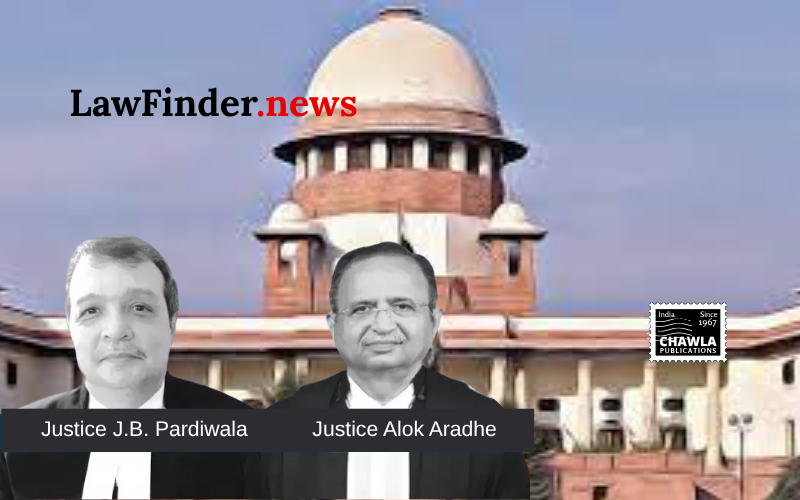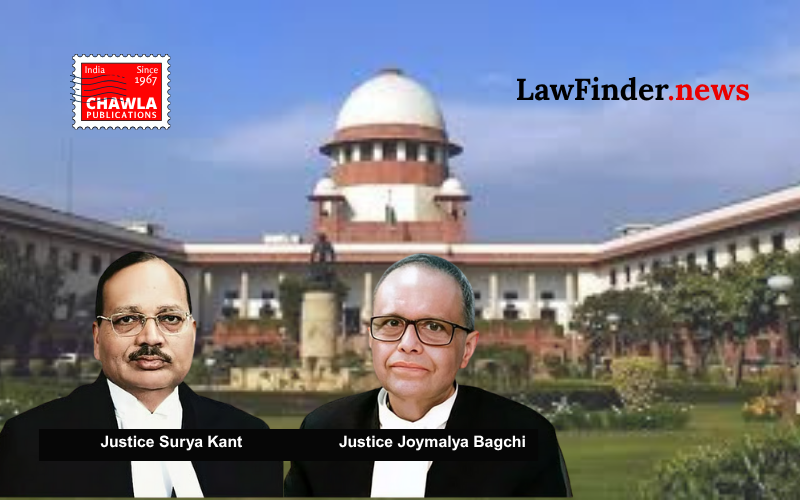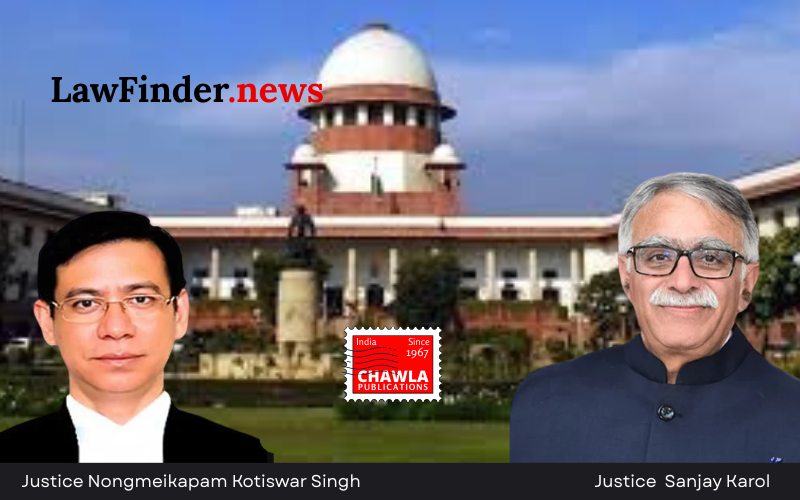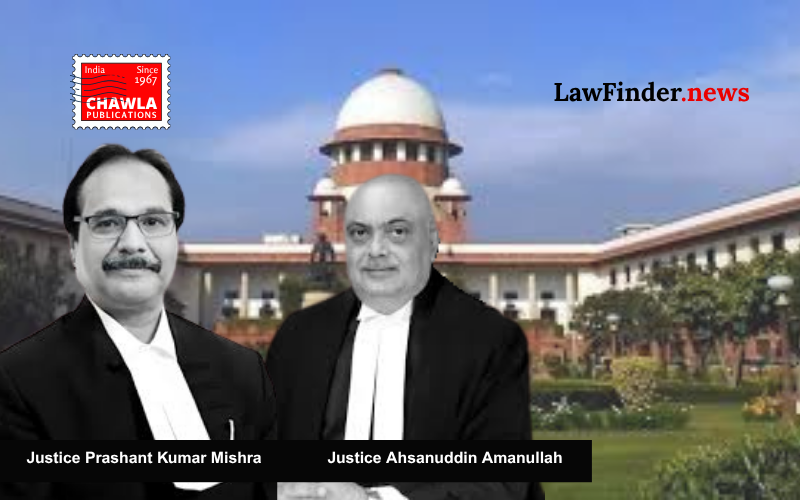Allahabad High Court Denies Recall Application in Laxman v. State of U.P. Case

Court Upholds Conviction Despite Appellant's Absence, Citing Legal Bar on Judgment Alteration
In a significant ruling, the Allahabad High Court has dismissed the recall application filed by Laxman, the appellant in Criminal Appeal No. 1876 of 1983, seeking to set aside his conviction and sentence confirmed in his absence. The Division Bench, comprising Justices Vivek Kumar Birla and Praveen Kumar Giri, delivered the judgment on September 4, 2025, reinforcing the legal principle that prevents a court from altering or reviewing its judgment once signed, except for clerical or arithmetical errors.
The appellant, Laxman, had absconded for thirty years and failed to appear despite multiple notices and coercive measures undertaken by the court. His counsel argued that due to the death of his previous advocate, Mr. G.P. Dixit, Laxman was unaware of the proceedings and thus was not represented appropriately. The appellant claimed he was residing in Punjab with his brother, which prevented him from responding to court notices.
Despite these claims, the court found that Laxman had been given ample opportunity to present himself before the court, and his prolonged absence justified proceeding with the appeal's adjudication in his absence. The court relied on precedents such as Surya Baksh Singh v. State of Uttar Pradesh and Bani Singh v. State of U.P., which allow the High Court to decide an appeal on merits even in the absence of the appellant, provided the evidence and records are thoroughly reviewed.
The recall application was filed under Section 528 of the Bharatiya Nagarik Suraksha Sanhita, 2023 (BNSS), corresponding to Section 482 of the Criminal Procedure Code (Cr.P.C.), which pertains to the inherent powers of the court. However, the court emphasized that these inherent powers could not override the strict bar under Section 403 of BNSS (equivalent to Section 362 of Cr.P.C.), which prohibits altering or reviewing a judgment post-signature, barring clerical mistakes.
The court further clarified that the appeal had been decided on merits, considering all evidence and records, contrary to the claims that it was dismissed for non-prosecution. The judgment was detailed, spanning 19 pages, and addressed all complexities of the case, including depositions and relevant case laws.
The decision also referenced a recent Supreme Court ruling in Vikram Bakshi v. R.P. Khosla, which reiterates the prohibition under Section 362 of Cr.P.C. against reviewing judgments beyond correcting minor errors. This reinforces the judiciary's commitment to finality in criminal proceedings, preventing reopening of cases post-verdict without statutory provision.
The appellant's reliance on the case of Dhanajay Rai @ Guddu Rai v. State of Bihar was deemed irrelevant, as the facts differed; the appeal in Rai's case was dismissed without addressing merits, unlike in Laxman's situation.
Ultimately, the court held that Laxman failed to provide valid reasons for his absence and evading court proceedings, rendering his recall application and accompanying delay condonation application untenable.
This judgment underscores the judiciary's adherence to procedural laws and the importance of respecting court processes to ensure justice and prevent abuse.
Bottom Line:
Recall application under Section 528 of BNSS (corresponding to Section 482 of Cr.P.C.) is not maintainable for re-examining or modifying a judgment passed on merits, as it is barred by Section 403 of BNSS (corresponding to Section 362 of Cr.P.C.).
Statutory provision(s): Section 528 BNSS (equivalent to Section 482 Cr.P.C.), Section 403 BNSS (equivalent to Section 362 Cr.P.C.)
Laxman v. State of U.P, (Allahabad)(DB) : Law Finder Doc id # 2777374



